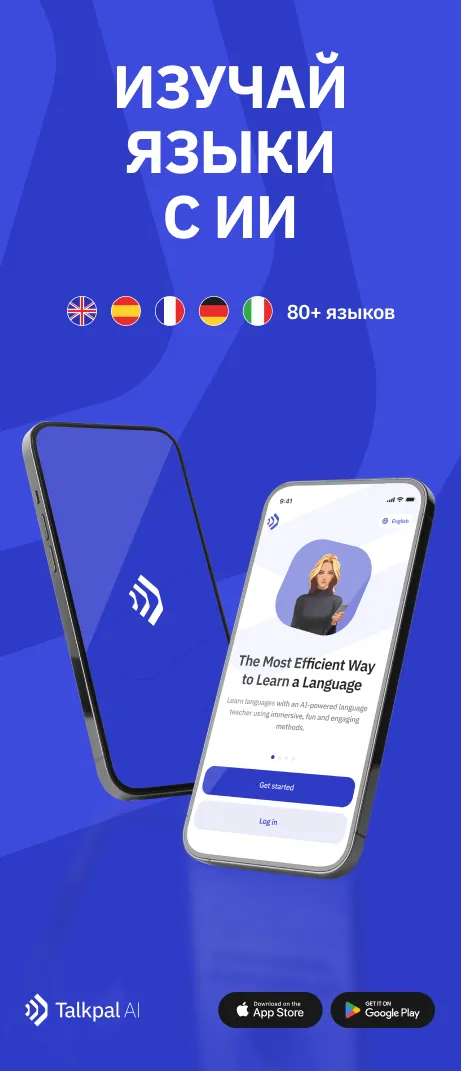Эти упражнения помогут вам попрактиковаться в использовании инвертированных условных предложений в английском языке. Каждое предложение содержит пропуск, который вам необходимо заполнить, выбрав подходящую форму вспомогательного глагола или модального глагола. Обращайте внимание на подсказки в скобках, они помогут вам определить правильный ответ.
Упражнение 1 — Инвертированные условные предложения
*Had* (auxiliary) you told me about the meeting, I would have attended.
*Were* (auxiliary) he to arrive now, he would catch us unprepared.
Never *before* (adverb) had I seen such a beautiful sunset.
*Should* (modal) you need any help, please don’t hesitate to call me.
*Had* (auxiliary) I known about the traffic, I would have left earlier.
*Were* (auxiliary) you a bit more patient, you might understand the problem better.
*Should* (modal) it rain tomorrow, the event will be cancelled.
*Had* (auxiliary) she studied harder, she would have passed the exam.
Little *did* (auxiliary) she know how important that decision was.
*Should* (modal) he call, let me know immediately.
*Were* (auxiliary) it not for your help, I would be in trouble now.
*Had* (auxiliary) it been possible, I would have come to see you.
Not once *have* (auxiliary) I ever regretted my decision to move here.
*Had* (auxiliary) they listened to the advice, they wouldn’t be in this mess.
*Should* (modal) you encounter any difficulties, our support team is here to help.
Упражнение 2 — Инвертированные условные предложения
*Had* (auxiliary) he thought it through, he would not have made such a mistake.
*Were* (auxiliary) I in your shoes, I would take the opportunity.
Seldom *have* (auxiliary) we seen such dedication in a student.
*Should* (modal) you visit the capital, you must see the museum.
*Had* (auxiliary) they arrived earlier, they could have seen the opening ceremony.
*Were* (auxiliary) it to snow tomorrow, we’d go skiing.
*Should* (modal) there be any leftovers, you can take them home.
No sooner *had* (auxiliary) we arrived than the concert started.
*Were* (auxiliary) the project to be delayed, it could cost us significantly.
Scarcely *had* (auxiliary) they entered the room when the alarm went off.
*Should* (modal) you find my book, please keep it safe for me.
*Were* (auxiliary) it feasible, we would implement the changes by next month.
*Had* (auxiliary) I more time, I would volunteer for the charity.
Only if you *study* (verb) hard will you pass the exam.
*Should* (modal) anyone ask, I was with you the whole evening.










